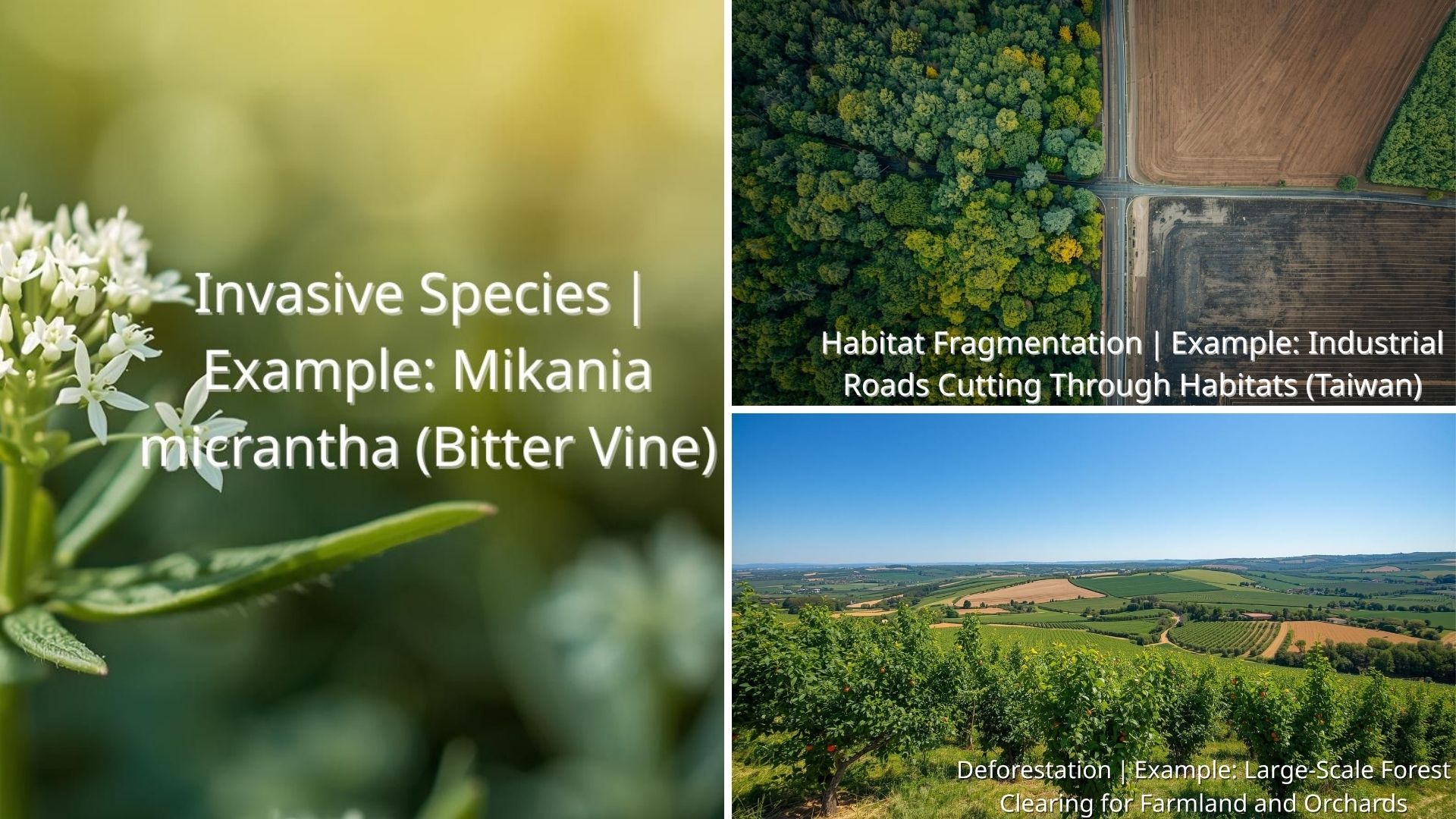When we think of “forest conservation,” our minds often wander to distant tropical rainforests or endangered animals. Yet in truth, every piece of paper, every wooden chair, and every small potted plant we buy could quietly become a force that pressures habitats and harms ecosystems.
Forests are not only home to wildlife — they are vital systems that regulate the climate, preserve water resources, and sustain biodiversity. These values lie at the heart of the United Nations Sustainable Development Goals (SDGs), particularly SDG 15: Life on Land and SDG 12: Responsible Consumption and Production.(Further reading: United Nations SDGs Official Website)
Behind Consumption: Our Choices Can Make a Habitat No Longer “Home”
Have you ever purchased hardwood flooring, wooden furniture, paper products, or garden timber? Though they appear natural and rustic, without proper oversight they may originate from illegal logging or ecologically sensitive areas — placing immense stress on forests.
Common forms of habitat destruction include:
- Deforestation: converting primary forests into commercial logging or farmland.
- Habitat fragmentation: when roads or construction split ecosystems, cutting off migration and breeding routes for many species.
- Invasive species: through plant trade and gardening, non-native species are introduced and may outcompete local species.

Case studies:
In Taiwan, some ferns, lichens, and mosses sold by gardening suppliers have been reported to be wild-collected from central mountain regions — a seemingly minor act that can devastate microhabitats. Internationally, vast areas of the Amazon rainforest have been cleared to supply the European and American furniture markets. These products enter our homes, while faraway forests fall in silence.
How “Smart Consumption” Can Protect Habitats
Protecting forests doesn’t require trekking into the wild. Every purchasing decision makes us a participant in conservation. Here’s how you can start today:
- Choose FSC-certified wood and paper products: ensure they come from responsibly managed forests.
- Prioritize recycled, upcycled, or non-wood materials: reduce dependence on virgin forest resources.
- Use natural, non-toxic, and low-impact gardening materials: such as coconut fiber, bamboo charcoal, or composted leaves instead of peat.
- Avoid buying wild-harvested plants or mosses: respecting the wild is the most direct form of protection.
Small daily actions can create big change:
- Switch to e-billing and print less paper.
- Buy second-hand furniture to extend product lifecycles.
- Check plant labels and buy only from licensed growers.
(Further reading: “What is FSC?” / “What to Know Before Buying Plants”)
From Consumer to Guardian: What Else Can We Do?
Once you recognize the power of your choices, you’re already on the front line of nature protection. Next steps include:
- Support conservation and restoration groups: enable professionals to continue fieldwork that safeguards habitats.
- Join volunteer efforts: invasive species removal, reforestation, and habitat monitoring are tangible ways to give back.
- Share knowledge and awareness: influence family, friends, and online communities to value responsible consumption.
Sometimes, a single reminder or post can spark change. Protecting forests doesn’t require grandeur — even small, steady acts can bring hope to countless living beings.
Local Action: Gentle Footsteps from the Wild
For years, the Society of Wilderness (SOW) has safeguarded Taiwan’s natural habitats — from coastal wetlands and farmlands to ancient forest ecosystems — through:
- Habitat adoption projects
- Local volunteer patrols
- Community-based restoration efforts
- Ecological education programs
These actions, though quiet and gradual, steadily reconnect people with nature. True protection need not be dramatic — it’s about standing in the right place and doing the right thing.
🎬 Earth Film Festival — Coming Soon!
On October 31 and November 14, Plantārium and the Society of Wilderness will co-host the Earth Film Festival, weaving together stories of forests, habitats, and people.
Join us to rediscover our relationship with the natural world.
(Event registration link)
Start Breathing with the Forest
Perhaps, like us, you cannot plant an entire forest today — but you can choose not to harm one.
Every mindful purchase, every “decision not to buy,” helps a forest somewhere keep its morning mist and birdsong, giving life a chance to continue.
Let’s leave space for forests in our daily lives — and a little tenderness and respect for nature itself.
Now is the time to begin.
